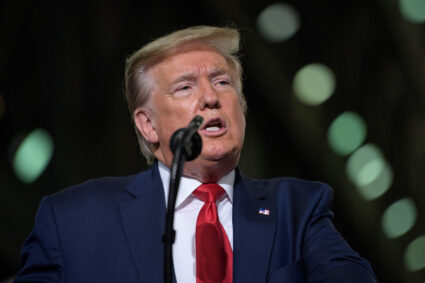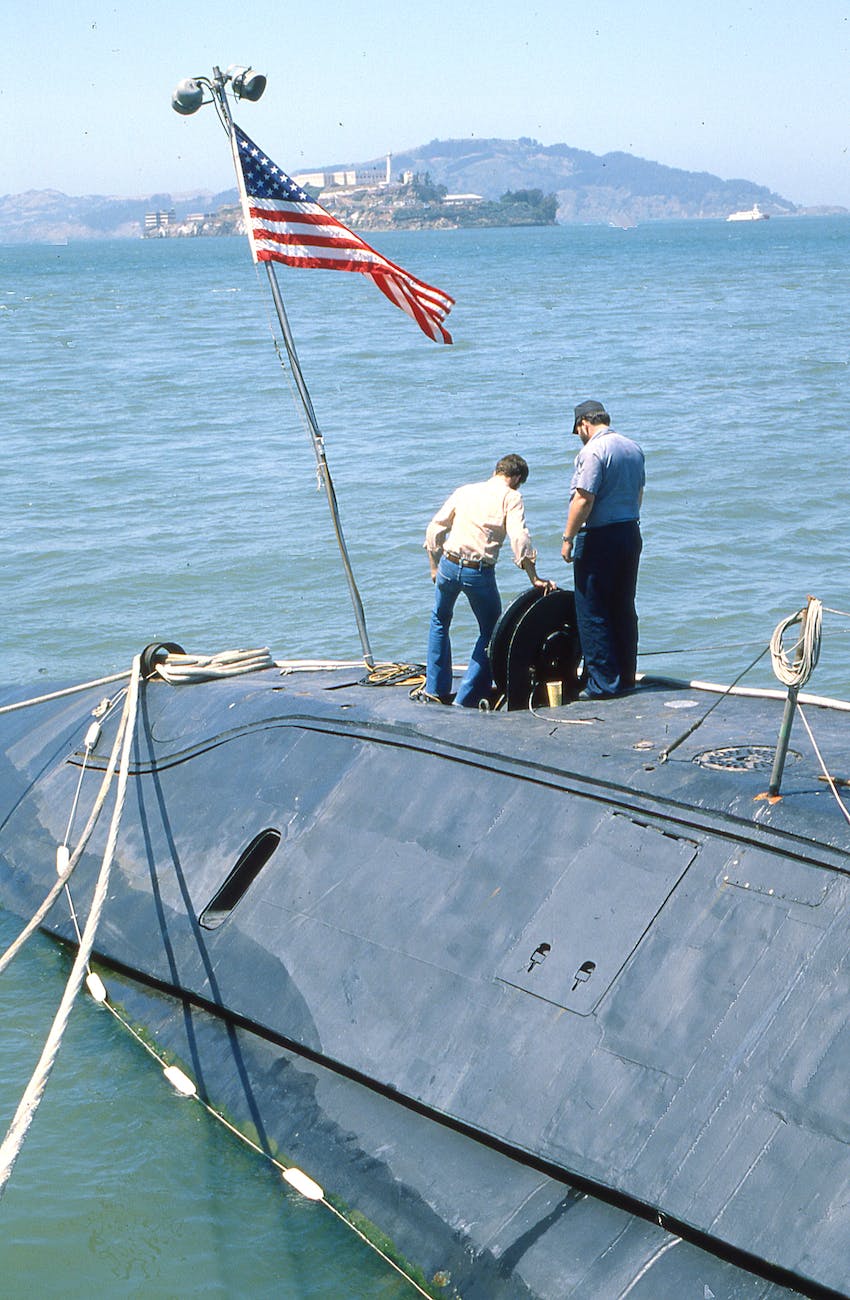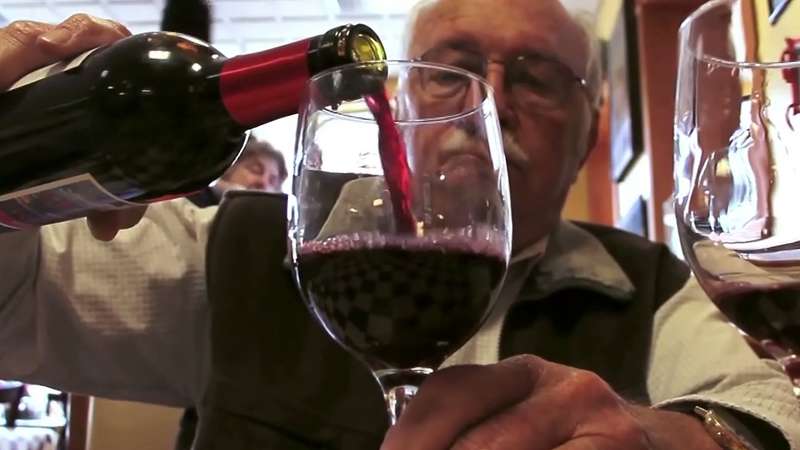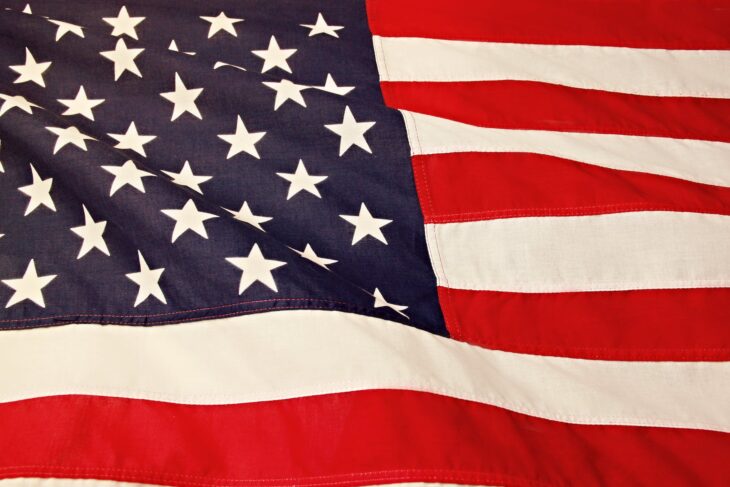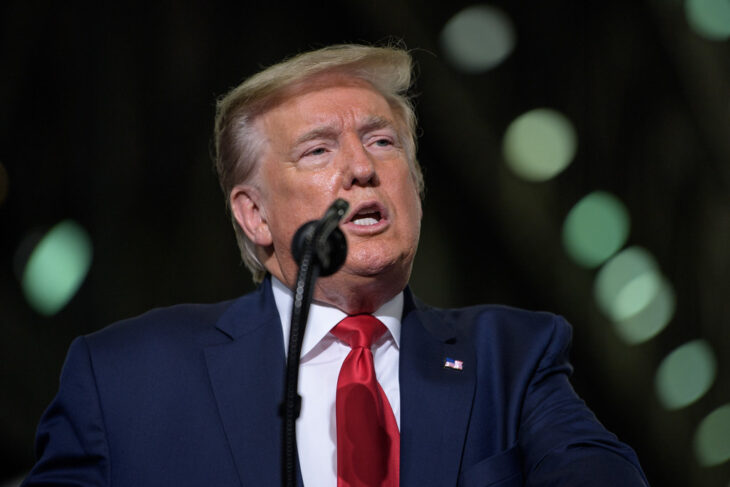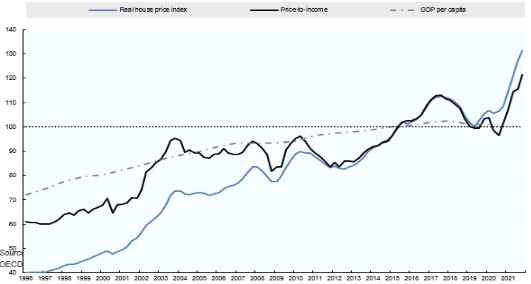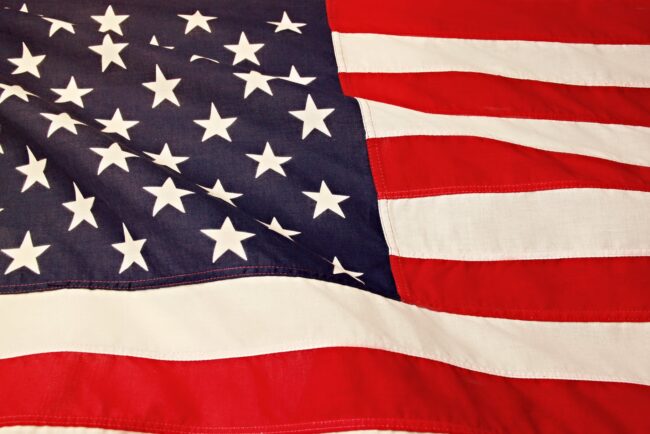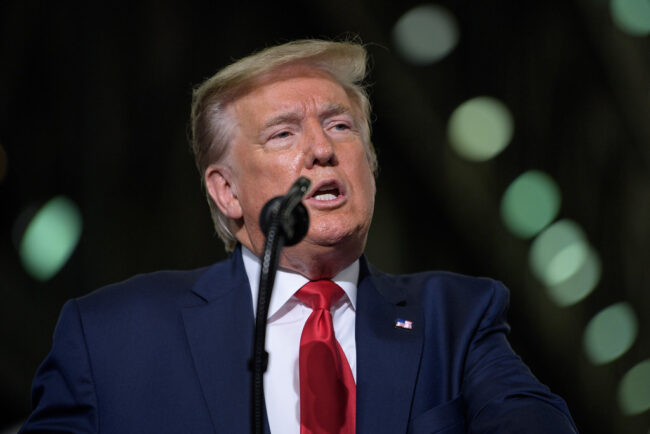
One of the most striking things I have observed during this global pandemic is how dependent we, as a 21C civilisation, have become on recreational activities. The absence of sports on the TV and from the daily calendar has left a gaping hole in the lives of many. Likewise, the removal of live entertainment and other shared recreational pursuits has reduced our lives in a number of noticeable ways. The majority of affected people are watchers of sport, rather than actual participants of games of sports. The disappearance of the football codes, the cancellation and postponement of major events like Wimbledon, the Masters, the Olympics, Grand Prix races, and more have shrunk the worlds of millions of fans around the globe. It is clear that you don’t know what you have until it is taken away. The price of sport and other non-essential activities at a time of COVID crisis seems unimaginably high.
Sport & Entertainment Contain the More Engrossing Narratives
Governments bang on about the economy and money is an all-important factor in our survival. Working for a living, however, does not grab the imaginations of modern folk like their love of sports, entertainment and recreational activities. The increasing automation of work and workplaces has contributed, I think, to a growing disassociation within ordinary people from their jobs. The specialisation of employment has, also, meant that many workers feel marginalised from the big picture, when it comes to the economic community. Sports and entertainments contain narratives with clearer and more tightly focused plotlines and characters. Tribal affiliations to football teams overcome, to some extent, the diffused nature of living in large cities. The proliferation of sole traders, small businesses, and the casualisation of workforces leaves people with little sense of belonging within their occupations. Work matters as a necessity but fails to inspire our lives in many instances. The price of sport and other non-essential activities at a time of COVID crisis may just be priceless.
The Suspension of Economic & Cultural Activities
This coronavirus crisis has suspended many economic and cultural activities right around the world. Globally and nationally, we have attempted to thwart the spread of this deadly virus by quarantining infection and socially distancing citizens from each other wherever possible. The result has seen hundreds of thousands of older and more vulnerable people fall victim to this disease and in many cases die. Out telecommunication networks, satellites, and media have allowed us to watch hourly and daily reports following the spread of COVID-19 globally and the preventative policies instigated by governments. So far, in comparison with the Spanish Flu pandemic of the early 20C, we have contained and limited the number of fatalities from COVID-19. The 1918 Pandemic (H1N1 virus), according to the CDC, infected 500 million people and killed 50 million of them. A major contributor to the genesis of the Spanish Flu was WW1, as it was first identified within military personnel.
Flattening the Curve
The world has been in a lockdown for a couple of months since the emergence of this novel coronavirus in Wuhan, China in January. The timing of these lockdown policies has varied from nation to nation, as governments and their health agencies have sought to contain the effects of the virus. Flattening the curve has entered the modern lexicon, as planners and leaders plotted their way via strategies designed to contain the effects of this deadly virus. The rapid spread of the contagion was accelerated by large crowds at sporting events in Australia, the US and Europe. Organisers and government agencies moved to suspend these events and to initially remove crowds from attending them as spectators. The price of sport and other non-essential activities at a time of COVID crisis.
The Death of Sport
Suddenly, sports fans found themselves in lockdown at home with no live sports to watch on TV. Reruns have been on high rotation on air as sporting clubs and organisations furiously fought to stave off impending bankruptcy. Their revenue streams, via match ticket sales and broadcasting deals for games, have completely ceased. Many of these entities operated financially on a week to week basis with next to no reserves of capital savings to draw upon if something like this occurred. Players and coaches on big salaries, high fixed costs for stadiums and other infrastructure, and no income for who knows how long. Sport, the high roller in the room, the celebrity industry, was in the toilet with no foreseeable way out. Sports shows on the box were filled with opinion and uncertainty. The death of sport garnered a lot more attention than the thousands of elderly and vulnerable people dying in many circles.
Will sport re-emerge from its enforced hibernation? In Australia, the National Rugby League has promised to kick off again with no fans at games on May 28, 2020. The AFL is looking at a mid-June date. Football in Europe is starting up again. The Australian codes and their organisations will be leaner through economic necessity. Players have taken pay cuts, as have industry staffers, and many people will lose their jobs forever. Public commentators have talked about the importance of sport to the people, as a sign of the return to normality within our communities. Sport and entertainments, however, are luxuries of life and non-essential activities. It is questionable whether they will survive, as we have known them, if this virus returns and no vaccine can be created. Perhaps we should prepare ourselves for the possibility of a life sans sport? The price of sport and other non-essential activities at a time of COVID crisis may in the end be too great.
Historically, sport, as we know it, is a fairly recent occurrence. The Olympic Games is a modern revival of an ancient local event involving a handful of Greek city states. The Modern Olympics did not start until 1896, with the first event held in Athens. Now, we know it as a massive international sporting festival held every four years in large cities around the globe. Back at the turn of the 19C into the 20C, it was a far smaller affair and it was a huge struggle to mount the Olympics and maintain it going forward. Sport had no cultural value or prestige back then. It was virtually non-existent in fact. Christianity frowned upon such physical activities, which were not directly connected to earning a living. Having fun with your mates was not a suitable occupation for good Christians. Team sports began at the public schools in England in the 19C, with Rugby School kicking off the eponymously named football game around 1845 through the championing of physical exercise and games by their headmaster Thomas Arnold. A certain Dr W.P. Brookes, also, in England during the 19C, widely promoted the benefits of physical exercise to young men and drove the establishment of organised sport. A Frenchman, Baron Pierre de Coubertin, is credited with the founding of the Modern Olympics and he was greatly influenced by Arnold and Brookes.
Cricket can claim an earlier date in the evolution of modern sport, with some evidence for cricket games being played for gambling purposes in the late 17C. Cricket was played by teams throughout the 18C and primarily by parish teams competing in village cricket competitions. Cricket would join rugby as games prominently played at British public schools in the 19C. Association football or soccer was codified at Cambridge University in 1848, but there has been folk football played since Medieval times from the around the 8C. The desire to kick a ball around has been with us since time immemorial I imagine, with balls made from pig’s bladders and the like. Human beings love to compete and bet on the outcome of such contests. Will the price of sport and other non-essential activities at a time of COVID crisis be too high, despite our intrinsic love of sport?
Modern sport is characterised by superstar players on massive salaries and gambling and sponsorship dollars fuelling this juggernaut industry. Sport has become the panacea of the masses in the 20C and into the 21C. We have people not really caring about what they do for a living but passionately caring about their football team. Populations vague about the performance and activities of their political leaders but intensely scrutinising sports players and teams. The modern world, it seems, is too complex and convoluted for many of its participants and they would prefer to concern themselves with the smaller stage of their sporting interests. Human beings enjoy the analogy of the game of life, where winners and losers compete for material prizes over the course of the journey. We love games, both playing and watching others play them. Some of us like to bet on the outcome, to see if we can beat the system and be proved right in our choices.
Will fans feel the same way about their sport, when it comes back without live spectators at games for prolonged periods? Will highly paid sports people still resonate positively with fans living in a depressed economy for years to come? Will these fans and businesses be able to afford their love of sport going forward into this new world? How will sponsorship levels react to sports played without crowds and will there be a psychological impact upon the fan base? These questions will be pertinent to the survival of sport as we know it. If the winter months come to the southern hemisphere and COVID-19 begins to increase the death toll, within our community, these things may dampen our love of modern sport within our culture. The price of sport and other non-essential activities at a time of COVID crisis may, indeed, become too great to pay.
©Robert Hamilton


